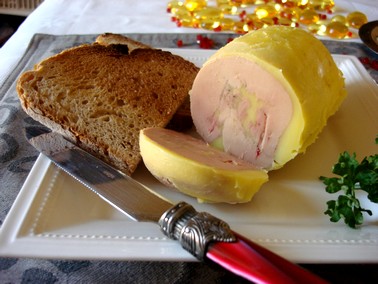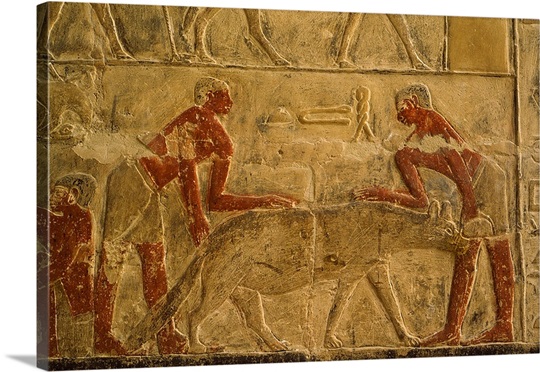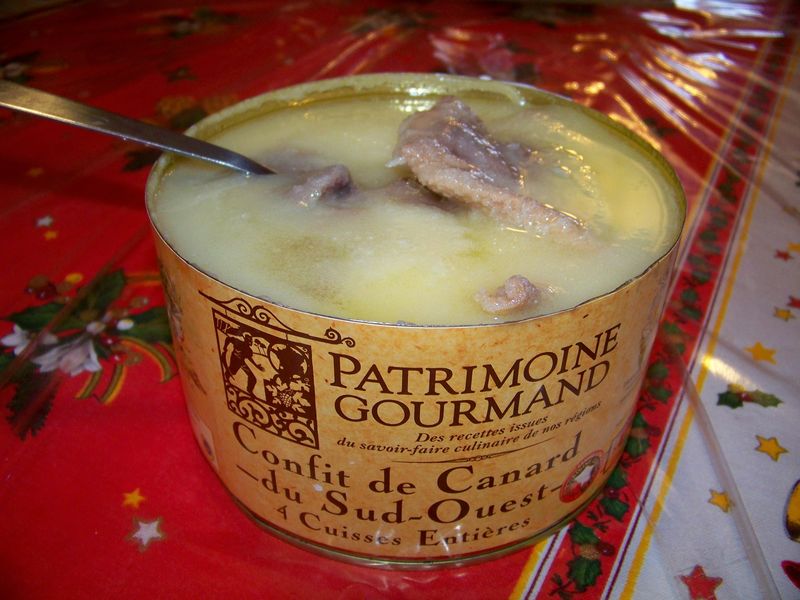I think there are many erroneous concepts in practice when it comes to food preparation. In this thread I wanted to take a more analytical/critical look at the practice of gastronomy and food preparation practices as well as the underlying concepts behind them. Let’s see what it’s all supposed to be about, first:
en.wikipedia.org/wiki/Gastronomy
So, the first and most basic fundamental question naturally arises, what should food preparation be about? Science-based nutrition and hunger alleviation? Taste satisfaction (non-hunger based)? Should it remain functional (creative food preparation techniques to avoid food poisoning and spoilage)? Or should it be freely artistic and creative, trying to where no food has ever gone before? In other words, should be play with our food?
It just seems to be that most of the gourmet food preparation today is mostly concerned with aesthetic qualities of the food (presentation and taste), but should food be treated in such a way? Practically speaking, the only way a food should be creatively altered, through taste or texture or smell is if it is naturally unpalatable, but necessary for consumption (because of availability or whatnot). Traditional/cultural food dishes should be seen in this light (necessity before luxury).
Some gourmet foods, like escargots (snails) have attained a high status in gastronomy, but their original status was survival food. In that sense, you could say that it has preserved its place, although symbolically, within the abundance of different foods. Same could be said with mushrooms and certain gourmet insects (from necessity to luxury).
I think that many food pairings should have started with a practical application and if not, they should not be seen in the same light, gastronomy-wise. For example, pairing fish with lemon juice makes sense, because lemon juice would kill off the smell of fish, or fish going bad. Pairing strawberries and chocolate makes absolutely no sense (to me), other than that someone just made it up. Pairing wine and cheese would make sense in historical context because that’s what shepherds ate. I don’t believe there is anything special or extra-ordinary in wine-cheese mix, taste-wise, and people who exalt the taste and pick on nuances in such taste are just full of it. To me, you would only appreciate the particular taste as it was appreciated by shepherds who originally had to eat it on daily basis, out of necessity. Appreciating nuances in taste here would only serve as a practical way to tell how old or bad your food (or drink) has become, or is becoming, and the concern here would be in not getting sick from it. Anything more than that (picking on nuances in taste for taste’s sake alone, without any practical applications) would go into the area of fabricated pretentiousness.











